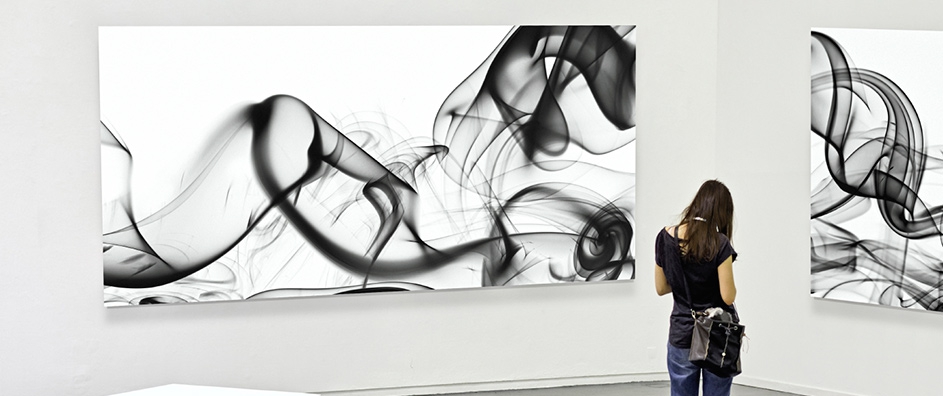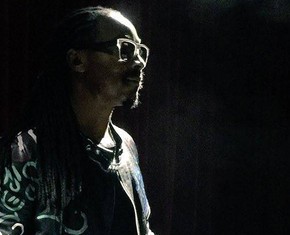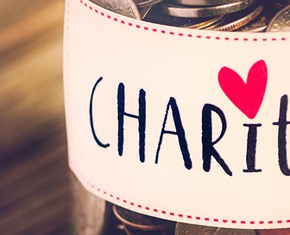The views expressed in our content reflect individual perspectives and do not represent the authoritative views of the Baha'i Faith.
The Judeo-Christian Bible tells us that:
…God created man in His own image, in the image of God created He him; male and female created He them… – Genesis 1:27.
In the Baha’i teachings, we learn the same truth:
O Son of Man! Veiled in My immemorial being and in the ancient eternity of My essence, I knew My love for thee; therefore I created thee, have engraved on thee Mine image and revealed to thee My beauty. – Baha’u’llah, The Hidden Words, p. 4.
These powerful quotations explain not only the underlying reason for our creation, but also tell us of our true, inner essence: we are, each one of us, created spiritually in the image of God.
But what does that mean? The Baha’i writings suggest that we shouldn’t try to understand these verses in anthropomorphic, or physical, terms. Rather, they mean that every human soul has the innate ability to mirror forth the names and attributes of God.
If I am made in God’s image and God is the Creator, then I am a creative being.
Theologian Mary Daly also shares this view. She believes:
It is the creative potential itself in human beings that is the image of God. – Quoted in Julia Cameron, The Artist’s Way, A Spiritual Path to Higher Creativity, p. 2.
Julia Cameron herself asserts:
Just as blood is a fact of your physical body and nothing you invented, creativity is a fact of your spiritual body and nothing that you must invent. – Ibid., p. xiii.
She also proposes that:
Creativity is God’s gift to us. Using our creativity is our gift back to God. – Ibid., p. 3.
Many people don’t think of themselves as creative, yet surround themselves with art and other artists—they are drawn to the creativity in them. Julia Cameron refers to these people as “shadow artists,” people who for one reason or another fear releasing their own latent creativity, and in their yearning are drawn to experience it vicariously through the talents of others. Does this resonate with any part of you? Are you a “shadow artist?”
Do you tell yourself, “I can’t draw a straight line.” Do you believe you have no talent for the visual arts? But—do you tend to doodle?
Do you think you cannot or should not sing in public? Yet—do you sing in the shower and when driving alone?
What about musical talent? Do you believe you lack musical ability? Do you, however, clap, snap fingers, tap your toes or, perhaps, drum on your bodies, when music is played?
 Do you think you can’t dance? Does your body sway when you hear music? Do your feet move with the music even though you remain seated?
Do you think you can’t dance? Does your body sway when you hear music? Do your feet move with the music even though you remain seated?
Do you believe you have no acting talent? Do you like to relate stories and/or tell jokes?
If you feel you don’t possess any creative talent, yet responded positively to the second half of any of those questions, perhaps it’s time to rethink where your latent talents may lie.
For one reason or another, many of us have become convinced that we have no talent, or if we do, it is not good enough. Others recognize that the talent exists and that it is good, yet feel they aren’t really deserving of it. We have deep-rooted fears. Often our fear of failure derives from sometime in our past when our dreams and/or efforts were thwarted by a relative, teacher, or societal expectations in general. These individuals we love and trust, yet who for various well-meaning and unintentional reasons, have caused us to check our creative aspirations. We need to inoculate ourselves against their art-killing suggestions and learn to trust in ourselves by trusting in God. To do this, it helps to immerse ourselves in the divinely revealed Word and pray for guidance:
Hold Thou my right arm, O God! and dwell continually with me! Guide me to the fountain of Thy Knowledge and encircle me with Thy Glory. Let mine ears hearken unto Thy melodious tone and comfort me with Thy Presence. For Thou art the strength of my heart, and the trust of my soul, and I desire no one beside Thee! – Abdu’l-Baha, Star of the West, Volume 1, p. 10.
Many of us don’t just fear failure—we actually fear success! We can get past those fears and begin to access our artistic gifts—the power of utterance, the thirst for and quest of knowledge, both material and spiritual, and the recognition and development of our natural, God-given talents.
















Comments
Sign in or create an account
Continue with Googleor